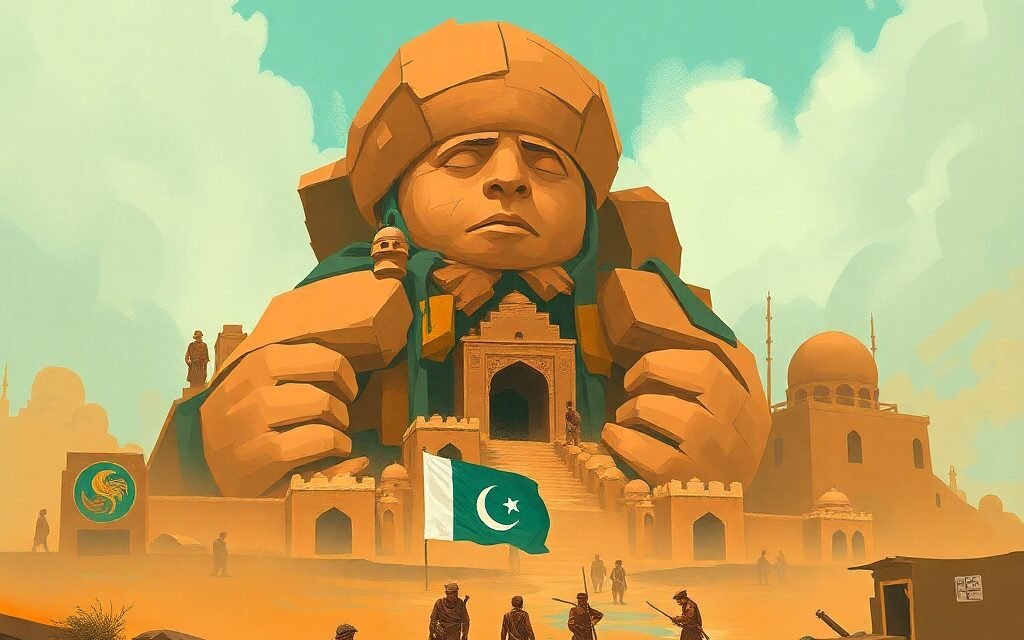By Shah Asghar Khan
“My mother gave birth to twins: myself and fear.” These were the words of the famous English philosopher, Thomas Hobbes (1588-1679). In Hobbes’ time, there were two major fears: the threat of a Spanish invasion of England and the possibility of civil war between the Republicans and the Royalists. The Republicans supported Parliament, while the Royalists backed the King. When Hobbes was in Paris, the civil war broke out between these two factions.
In such a situation, there was no common authority to resolve grave issues and disputes. It was a “war of all against all” (bellum omnium contra omnes). It was a war for property and security. There were no friends or allies. The uncertainty in society was overwhelming. The concept of “might is right” prevailed. In short, life in a state of nature was “nasty, brutish, short, and solitary.”
A similar situation exists in today’s Pakistan. Since independence, Pakistan has faced numerous challenges. However, the current situation is becoming increasingly dire. People are suffering, dying from hunger, and facing extreme joblessness. Due to ongoing political instability, uncertainty reigns among the masses. Politicians are primarily concerned with their self-interest rather than the public good. The ongoing tug of war in the province of Punjab is affecting the entire country.
Fundamental rights, as enshrined in the Constitution of Pakistan, are not being upheld. There is a constant “war of all against all” in terms of property and security. Street crimes in Pakistani cities are rising every day, and citizens are helpless in the face of rising criminal activity.
Moreover, the rule of law is not being followed by those in power, and generally, there is a widespread disregard for the rule of law in society. Many consider themselves above the law, leading to a breakdown of justice. The concept of free and timely justice has become a myth in Pakistan.
The state of education is also alarming. According to the Constitution of Pakistan, the state is responsible for providing basic compulsory education. Unfortunately, over two and a half million children are out of school, which is a serious issue. Additionally, the lack of research and innovation in the education system is hindering the country’s progress.
However, all is not lost. There are steps that can address these issues. First and foremost, political stability is crucial. Political stability can be achieved through a democratic process, where the people can freely choose their representatives, free from political engineering or interference from non-democratic forces. The armed forces, as per Article 245 of the Constitution, should focus on defending the country from external and internal threats and should stay out of political matters.
Next, investing in quality education is critical. The state must ensure that education is accessible to all, irrespective of caste, creed, color, or religion, so that citizens can contribute to the betterment of society. According to Article 25-A of the Constitution, the state is obligated to provide free and compulsory education to children between the ages of 5 and 16.
In conclusion, we are currently living in a Hobbesian world, where life is short, nasty, brutish, and solitary. To move away from this state, we must follow the Constitution in its true spirit. As individuals and as a nation, we must respect the rule of law and uphold the Constitution. The social contract, as defined in the Constitution, can unite the country and pave the way for progress if it is truly implemented.
The author can be reached through his email: asgharkhan262@gmail.com





